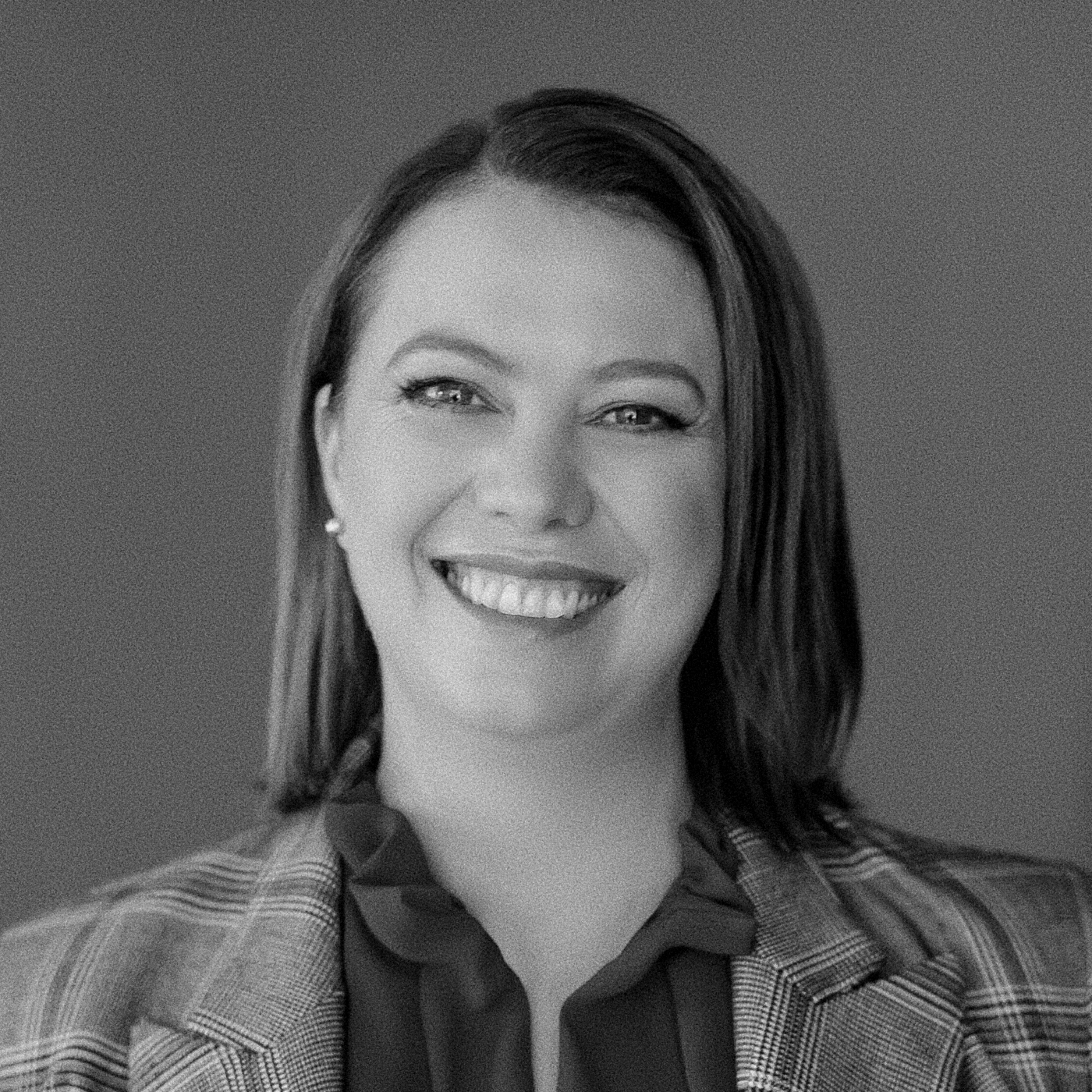Giving your time and expertise to help people in need
By Nicola Beswick, Chair, Pro Bono Financial Advice Network
Giving to charity does not always have to be about giving money to an organization. It can be about giving your time and expertise to those less fortunate. This is what the Pro Bono Financial Advice Network (PFAN) is about.
At this year’s AFA conference, I talked about a lovely lady I assisted who came to me through the Network. Her story highlights the small difference we can make, as advisers, to change people’s lives.
I met Laura in late April 2021. She had completed our request for help form with the basics as her multiple sclerosis (MS) impacts her ability to concentrate on one task at a time.
Like any client, we spent around an hour talking about her situation. Laura got in contact with us because she was running out of money fast. For a range of factors including COVID, and her MS Laura had struggled to find a job. Knowing she needed money, Laura had taken two lots of $10,000 out of superannuation to help meet the basics. Laura confessed to me that although she knew it wasn’t ideal, but she had no other choice.
Laura lived in a home she built and moved into two months after her MS diagnosis. She was using her Centrelink payments to fund her mortgage repayments, but the burden was getting real. She wanted advice around whether she should sell her home or not. Her savings had disappeared. She told me how much she was beginning to hate her house.
Our conversation went along these lines:
“What is your mortgage balance, how much do you think the home would be worth?” The answer – not a lot of equity. If she sold, she would never be able to purchase another home.
“Tell me about your superannuation…” “I have around $40,000”… “Do you have any insurances?” – Laura’s answer. Nope, I don’t have any. “That’s ok – do you mind sending me a statement and signing an authority to enquire on your account for you”. “Sure, ok.”
She sent me her statement, which was around 12 months old. The statement noted a TPD policy for an amount that would pay off her mortgage and leave a residual amount to assist her with her living.
Laura had no idea, and I didn’t want to get her hopes up until I had confirmed this directly. A few weeks later, we confirmed the insurance was still active.
Our next meeting, went along these lines:
“I’ve done some investigating on your superannuation, and you have an insurance policy.”
“The amount of cover you have will enable to you pay off your mortgage, so you don’t have to sell your home.
This is going to help change your life!”
I share this story to highlight the importance of what we do as advisers by guiding others through some of the most emotionally daunting times in their lives, and especially if they’re impacted by a serious illness.
Someone in this position is unlikely to seek financial advice because they are afraid of the cost of obtaining advice. And they may not be aware of programs such as PFAN which offer access to advice, and more often than not, deliver real financial benefits. If Laura had not gotten in touch, she would have eventually lost the insurance policy, most likely would have sold (or lost) her house, and detrimentally impacted her future without even knowing it.
I approached Laura as I do with any other client. All processes and procedures were the same as my typical day to day work. However, one of Laura’s MS symptoms is chronic fatigue, which impacts her ability to concentrate. I ensured everything we discussed was confirmed back to her in an email, like I do already, but with one small difference. I broke the process and communications down into smaller bite-sized chunks to make it easier to assist with our conversations and progress. I also provided simple explanations of concepts that sometimes we may forget our clients do not understand.
Many advisers know that sometimes the assistance you provide your clients is not that complex. It can be going through the basics and making sure people know where to start. It can also be complex given life’s uncertainties, challenges and changes. The financial planning profession is about the people it serves and their lives. Expert guidance, compassion and support is what we deliver on the job every day. Pro bono advice is simply doing what we do every day without expecting anything in return.
It’s easy to get involved. You can help by taking on just one case a year. That’s one person’s life you are changing. Multiply this by all the advisers in the PFAN program, and that’s a significant difference we can collectively contribute to the community.

Nicola Beswick
Chair, Pro Bono Financial Advice Network and Senior Financial Adviser at FMD Financial